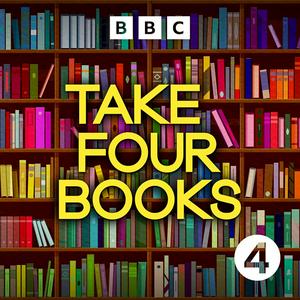The American writer Bryan Washington speaks to Take Four Books about his new novel, Palaver, and, together with presenter James Crawford, they explore its connections to three other literary works. Palaver focuses on the tense relationship between protagonists “the son” and “the mother”. The son is an American who has lived in Tokyo for the best part of a decade, teaching English as a foreign language. Throughout this period, he’s been estranged from his Jamaican-American mother back home in Texas, until one day she arrives uninvited on his doorstep.
Bryan's three chosen influences in this episode are: Kitchen by Banana Yoshimoto from 1988; Another Brooklyn by Jacqueline Woodson from 2016; and Love in the Big City by Sang Young Park from 2021.
Producer: Dominic Howell
Editor: Gillian Wheelan
This was a BBC Audio Scotland production.


